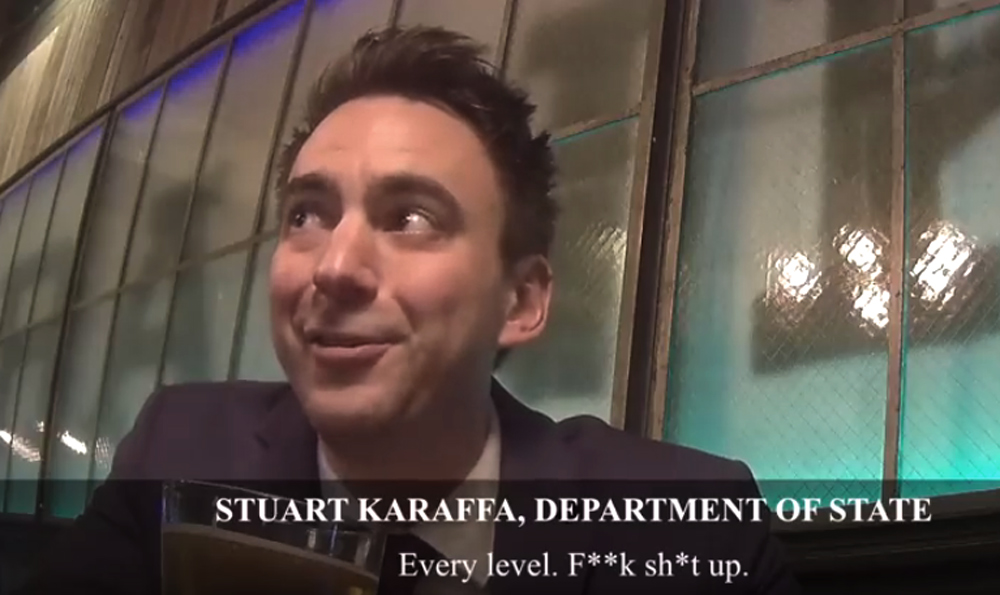In Hawaii, those who would compel others to promote abortion have suffered a well-deserved setback.
A U.S. District Court tossed a law requiring pregnancy centers to post ads for abortion clinics. Among the centers that would have been affected was one run by a church opposed to abortion. Of course, whether we’re religious or non-religious, we have the same rights.
The president of National Institute of Family & Life Advocates (NIFLA), Thomas Glessner, hails the decision as a “major victory for free speech and freedom of religion.” For its reasoning, the district court relied on a Supreme Court decision, NIFLA v. Becerra.
“In NIFLA v. Becerra, the Supreme Court affirmed that we don’t force people to say things they don’t believe,” says Kevin Theriot, a lawyer with Alliance Defending Freedom who argued that case before the Supreme Court. Thus, “the district court was correct to permanently halt Hawaii’s enforcement of Act 200’s compelled speech requirement.”
You shouldn’t be forced in any way to abet any conduct that you regard as morally wrong — not if the rest of us respect your rights as a moral agent. And it is worth remembering that a lot of people have moral qualms about all sorts of issues, and that many of the people running Hawaii’s non-church-sponsored centers doubtless also oppose abortion.
Obvious? To you and me, maybe. But some people disagree. They appear eager to compel others to join their various causes.
The noble cause of leaving other people alone isn’t on the list.
This is Common Sense. I’m Paul Jacob.










